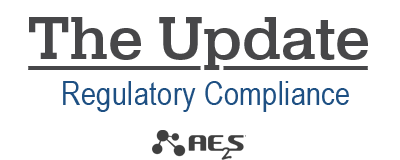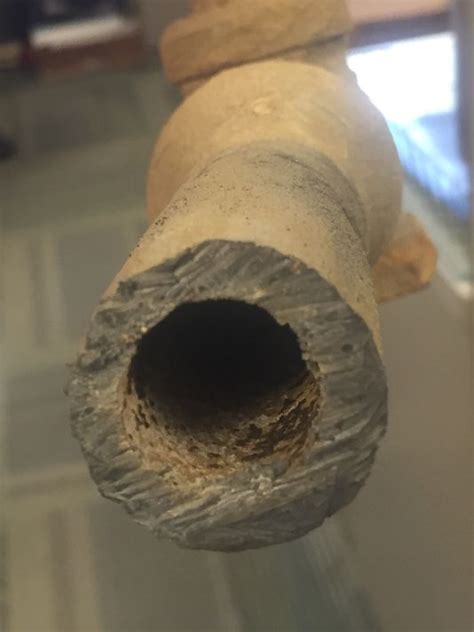The water industry has additional time to prepare for the Lead and Copper Rule Revisions (LCRR), as the U.S. Environmental Protection Agency (USEPA) moved the effective date from June 16, 2021 to December 16, 2021. The USEPA also announced the LCRR compliance date has changed from January 16, 2024 to October 16, 2024. The delayed Read More
Tag: USEPA
Tools Help Reduce Nutrients in Water, Improve Public Health & Support Ecosystems
The U.S. Environmental Protection Agency (USEPA) has new tools and information that States, territories, and authorized Tribes can use to help protect people, animals, and aquatic life from harmful algal blooms and other adverse effects of nutrients in water. The USEPA says nutrient pollution in water presents one of the country’s most widespread environmental and Read More
USEPA Toxics Release Inventory to be Updated
The U.S. Environmental Protection Agency (USEPA) announced it will be updating the Toxics Release Inventory (TRI). The comprehensive plan includes expanding the scope of TRI reporting requirements to include additional chemicals and facilities, including facilities that are not currently reporting on ethylene oxide (EtO) releases, and providing new tools to make TRI data more accessible to the Read More
USEPA Releases Updated PFBS Toxicity Assessment
The U.S. Environmental Protection Agency (USEPA) is releasing an updated toxicity assessment for perfluorobutane sulfonic acid (PFBS), a member of a larger group of per- and polyfluoroalkyl substances (PFAS). A toxicity assessment is a written summary of the potential health effects associated with a chemical and identifies the dose levels at which those health effects may occur in Read More
Tool Helps Communities Protect Recreational Waters
The U.S. Environmental Protection Agency (USEPA) has released an improved web-based app to help communities identify potential sources of pollution to recreational waters. This science-based and data-informed tool empowers communities and supports engagement in local decisions in protecting the health of swimmers and recreators from contaminants at lakes, rivers, and beaches, while supporting the vitality Read More
AWIA Deadline Approaches for Medium Size Water Systems
There is an America’s Water Infrastructure Act (AWIA) certification deadline quickly approaching for medium size community water systems. The systems that serve 50,000-100,000 people are required to submit an AWIA Risk and Resilience Assessment by December 31, 2020. Water systems within that population size (including consecutive system populations) need to be certified by the end Read More





